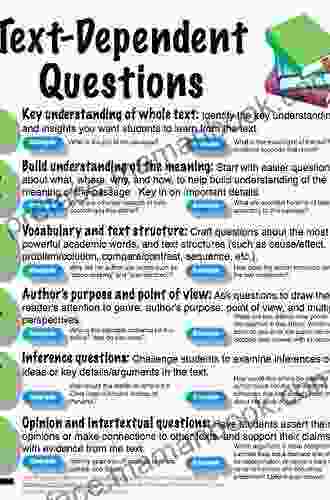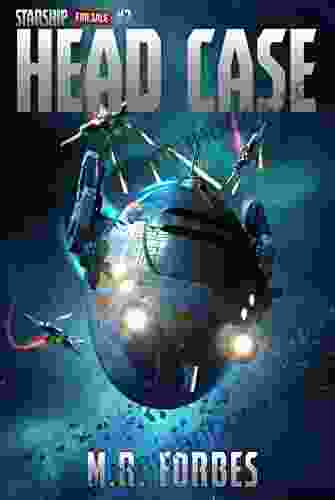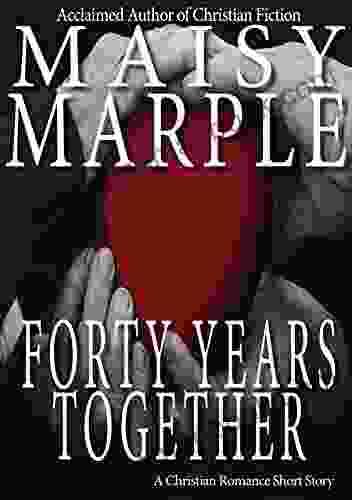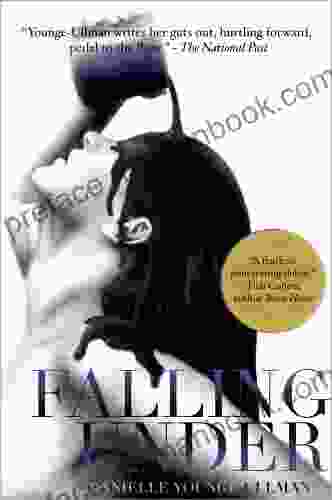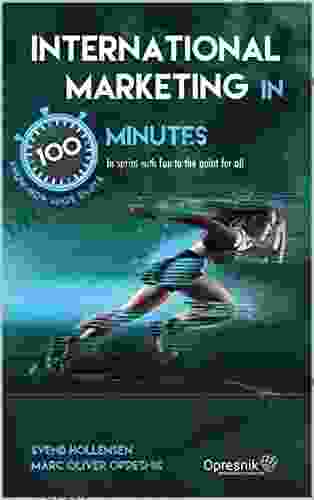Understanding Text Dependent Questions: A Comprehensive Guide for Grades 3-12

Text dependent questions (TDQs) are an essential tool for assessing students' comprehension and critical thinking skills. They focus on the specific content of a text, requiring students to analyze, interpret, and synthesize information to provide meaningful answers. TDQs are commonly used in assessments, such as standardized tests, classroom assignments, and diagnostic evaluations. This article provides a comprehensive guide to understanding TDQs, their types, and effective strategies for incorporating them into instruction for grades 3-12.
TDQs can be categorized into three main types:
These questions require students to directly recall information stated explicitly in the text. They typically start with words like "who," "what," "where," "when," and "how."
4.6 out of 5
| Language | : | English |
| File size | : | 12007 KB |
| Text-to-Speech | : | Enabled |
| Screen Reader | : | Supported |
| Enhanced typesetting | : | Enabled |
| Word Wise | : | Enabled |
| Print length | : | 245 pages |
Inferential questions ask students to make inferences or draw s based on information in the text. They often require students to think critically and connect ideas from different parts of the text.
Evaluative questions ask students to express their opinions, interpretations, or evaluations of the text. They encourage students to analyze the text's purpose, style, language, and relevance.
Below are specific examples of TDQs for each type:
"What is the main character's name in the novel 'The Hunger Games'?"
"How does the setting of 'To Kill a Mockingbird' contribute to the novel's themes of race and inequality?"
"Do you agree with the author's argument in the article on climate change? Explain your reasoning."
Incorporating TDQs into instruction offers numerous benefits, including:
- Improved Comprehension: TDQs force students to actively engage with the text and think deeply about its content.
- Critical Thinking Skills: They develop critical thinking abilities by requiring students to analyze, synthesize, and evaluate information.
- Evidence-Based Reasoning: TDQs encourage students to support their answers with specific evidence from the text, fostering evidence-based reasoning skills.
- Academic Achievement: Research indicates a strong correlation between TDQ instruction and improved academic achievement in reading and writing.
- Assessment Readiness: TDQs are commonly used in standardized tests and classroom assessments, preparing students for success in these evaluations.
To effectively incorporate TDQs into instruction, consider the following strategies:
Start by asking literal questions to establish a foundation of comprehension.
As students gain confidence, introduce inferential and evaluative questions to challenge their thinking.
Guide students to find specific evidence in the text to support their inferences.
Facilitate peer collaboration by allowing students to discuss and share their answers to TDQs.
Incorporate TDQs into close reading exercises to promote deep comprehension and analysis of complex texts.
Encourage students to develop their own TDQs to demonstrate a deeper understanding of the text.
Text dependent questions are an indispensable tool for developing students' comprehension, critical thinking, and analytical skills. By incorporating TDQs into instruction effectively, educators can foster a classroom environment where students engage with texts meaningfully and develop the necessary skills for success in reading, writing, and beyond.
4.6 out of 5
| Language | : | English |
| File size | : | 12007 KB |
| Text-to-Speech | : | Enabled |
| Screen Reader | : | Supported |
| Enhanced typesetting | : | Enabled |
| Word Wise | : | Enabled |
| Print length | : | 245 pages |
Do you want to contribute by writing guest posts on this blog?
Please contact us and send us a resume of previous articles that you have written.
 Top Book
Top Book Novel
Novel Fiction
Fiction Nonfiction
Nonfiction Literature
Literature Paperback
Paperback Hardcover
Hardcover E-book
E-book Audiobook
Audiobook Bestseller
Bestseller Classic
Classic Mystery
Mystery Thriller
Thriller Romance
Romance Fantasy
Fantasy Science Fiction
Science Fiction Biography
Biography Memoir
Memoir Autobiography
Autobiography Poetry
Poetry Drama
Drama Historical Fiction
Historical Fiction Self-help
Self-help Young Adult
Young Adult Childrens Books
Childrens Books Graphic Novel
Graphic Novel Anthology
Anthology Series
Series Encyclopedia
Encyclopedia Reference
Reference Guidebook
Guidebook Textbook
Textbook Workbook
Workbook Journal
Journal Diary
Diary Manuscript
Manuscript Folio
Folio Pulp Fiction
Pulp Fiction Short Stories
Short Stories Fairy Tales
Fairy Tales Fables
Fables Mythology
Mythology Philosophy
Philosophy Religion
Religion Spirituality
Spirituality Essays
Essays Critique
Critique Commentary
Commentary Glossary
Glossary Bibliography
Bibliography Index
Index Table of Contents
Table of Contents Preface
Preface Introduction
Introduction Foreword
Foreword Afterword
Afterword Appendices
Appendices Annotations
Annotations Footnotes
Footnotes Epilogue
Epilogue Prologue
Prologue Brian Okken
Brian Okken Eric Brunsell
Eric Brunsell Jaishree Sharad
Jaishree Sharad Tiffany Brice Ferguson
Tiffany Brice Ferguson Alex Kava
Alex Kava A M Snead
A M Snead Barbara Hodgson
Barbara Hodgson Dale Marie Bryan
Dale Marie Bryan Barton Zwiebach
Barton Zwiebach Dave Bartell
Dave Bartell Arnita Harpe
Arnita Harpe Douglas Fisher
Douglas Fisher Oren Jay Sofer
Oren Jay Sofer Aimee Phan
Aimee Phan Charles H Ferguson
Charles H Ferguson Jacques Offenbach
Jacques Offenbach Rodney Holder Ii
Rodney Holder Ii M Scott Brown
M Scott Brown Siren Crow
Siren Crow Aldous Carroll
Aldous Carroll
Light bulbAdvertise smarter! Our strategic ad space ensures maximum exposure. Reserve your spot today!
 Fernando PessoaFollow ·17.8k
Fernando PessoaFollow ·17.8k Yasunari KawabataFollow ·17.2k
Yasunari KawabataFollow ·17.2k Edmund HayesFollow ·15.7k
Edmund HayesFollow ·15.7k Ray BlairFollow ·17.8k
Ray BlairFollow ·17.8k Jeffrey HayesFollow ·4.1k
Jeffrey HayesFollow ·4.1k Dan BellFollow ·11.2k
Dan BellFollow ·11.2k Brennan BlairFollow ·18.3k
Brennan BlairFollow ·18.3k Fletcher MitchellFollow ·16.6k
Fletcher MitchellFollow ·16.6k
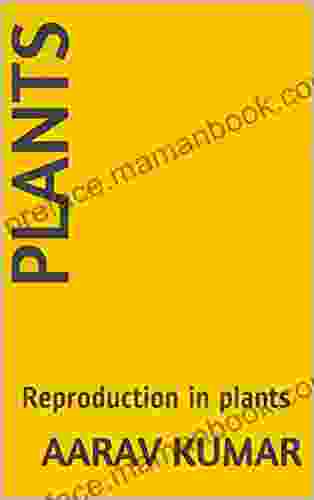
 Vincent Mitchell
Vincent MitchellUnveiling the Enchanting Tale of Plant Reproduction: A...
Plants, the silent yet vibrant...

 Sam Carter
Sam CarterDelve into the Enigmatic World of "Relative Murder: A...
In the realm of mystery and suspense, the...
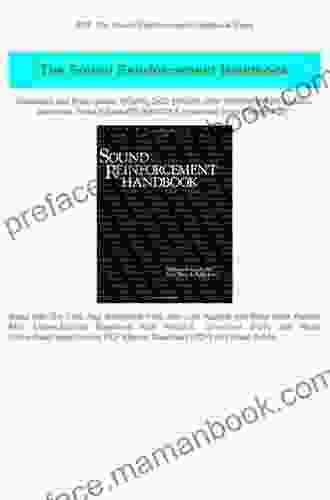
 Richard Simmons
Richard SimmonsThe Sound Reinforcement Handbook: A Comprehensive Guide...
In the realm of live sound engineering, The...

 Leo Tolstoy
Leo TolstoyEnter the New Era of Cyberwar: Unmasking the Kremlin's...
`` Prologue: The Digital...
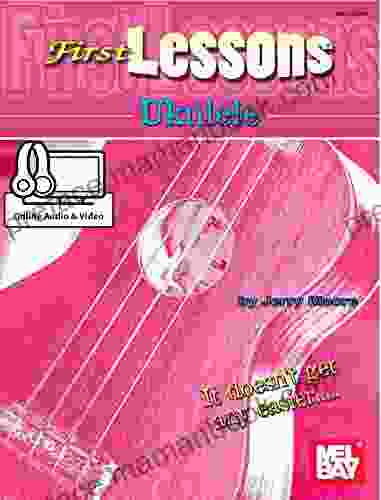
 Brenton Cox
Brenton CoxFirst Lessons Ukulele Bridget Baker: A Comprehensive...
Embarking on a musical journey with the...
4.6 out of 5
| Language | : | English |
| File size | : | 12007 KB |
| Text-to-Speech | : | Enabled |
| Screen Reader | : | Supported |
| Enhanced typesetting | : | Enabled |
| Word Wise | : | Enabled |
| Print length | : | 245 pages |


